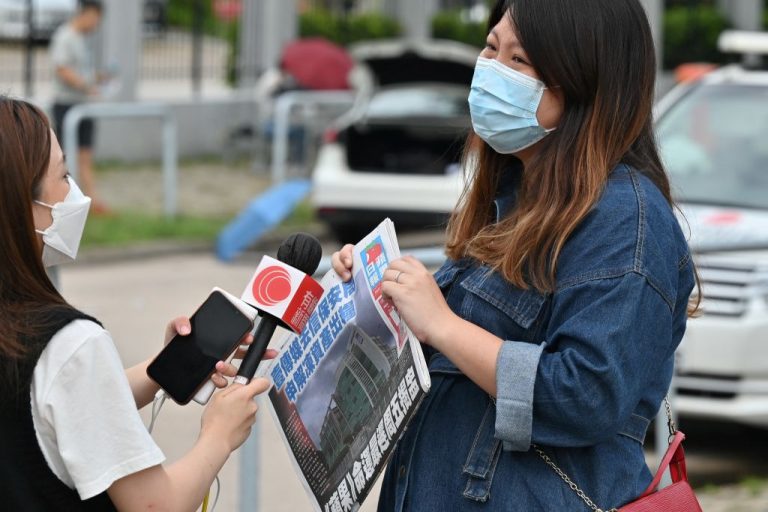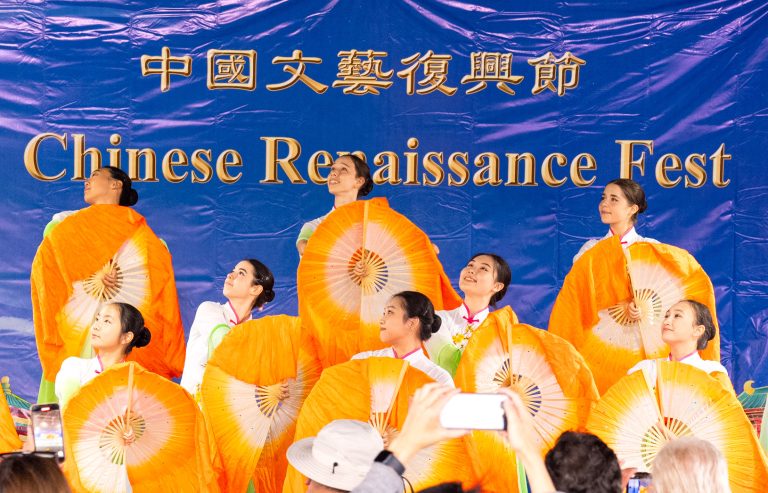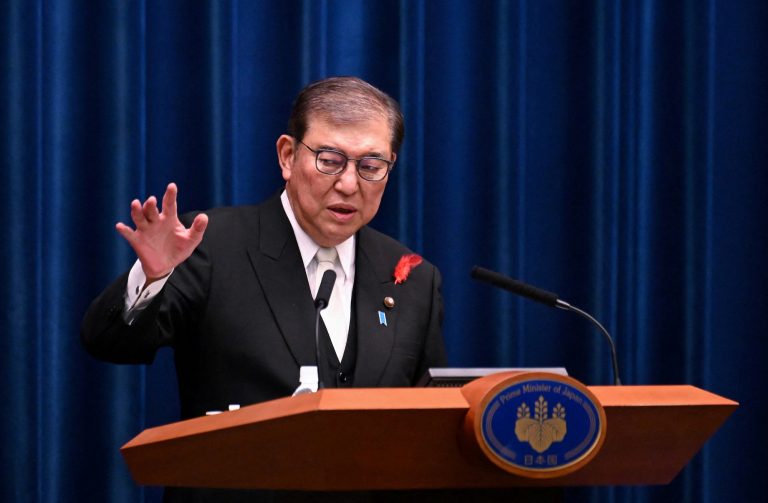Initium Media, a Hong Kong-based independent media outlet, has announced its plan to relocate out of the city. The decision comes amidst the Chinese Communist Party’s crackdown on press freedoms in Hong Kong following the imposition of the National Security Law last year. Initium Media executive editor Susie Wu announced the decision through an open letter to its readers.
The letter stated that the “road to freedom has become a harder and harder one” during the past six years of their operation. It pointed out that Hong Kong’s press freedom index has fallen to the 80th spot in the world. Initium is moving its headquarters to Singapore, where it plans to produce content via “online and decentralized” methods.
“We hope to send you this signal: not to be depressed about [Hong Kong’s] predicament … The road to freedom is long… Thinking and questioning are things everyone can do to safeguard their independence of thought,” the letter said.
Founded in August 2015, Initium is a subscribers-only news outlet that has 60,000 paying readers. The company employs around 20 to 30 staff in Hong Kong and Taiwan with some overseas correspondents. The shift to Singapore will not cause lay-offs in Hong Kong as the staff will continue working remotely. Initium is the first Hong Kong-registered media entity to relocate.
In an interview with Hong Kong Free Press, Wu said that Initium ‘s mission “remains unchanged” even though they will no longer be based in Hong Kong. “We hope that relocating our headquarters to Singapore will enable us to better report for Chinese readers in other parts of the world. At the same time, Singapore is similar to Hong Kong in terms of its financial system and language,” Wu said.
Success
You are now signed up for our newsletter
Success
Check your email to complete sign up
In an interview with RTHK, journalism lecturer Grace Leung from Chinese University said that publications like Initium no longer see Hong Kong as a safe place to work in.
“Those outspoken media, like this media organization, even though it has just stayed in Hong Kong for a few years, find the pressure of self-censorship and the room for press freedom is declining… Just like many Hong Kong people emigrating to other countries, even media organizations have to plan how to survive in such a depressive situation,” Leung said.
Media crackdown in Hong Kong
Initium’s decision comes as a major Hong Kong newspaper Apple Daily was forced to shut down in June by the city’s administration. On June 17, authorities froze the assets of the company that owns Apple Daily. The media outlet consequently could not pay electricity costs and wages. Apple Daily published its final print edition on June 24. The paper followed a pro-democracy editorial policy, which did not sit well with the CCP that seeks to apply the restrictive laws of the mainland in Hong Kong.
Apple Daily’s closure triggered condemnation from across the world.
“People in Hong Kong have the right to freedom of the press. Instead, Beijing is denying basic liberties and assaulting Hong Kong’s autonomy and democratic institutions and processes, inconsistent with its international obligations,” President Joe Biden said in a statement on June 24.
Last year, The New York Times announced that its Hong Kong staff would move to Seoul just weeks after the National Security Law came into effect. The law allows authorities to arrest people under charges of subversion and collusion with foreigners. It has been accused of being weaponized against free speech and human rights activists.
Steve Vines, Hong Kong Free Press (HKFP) columnist and a former host for government broadcaster RTHK, recently moved out of the city. In an email to colleagues, Vines said that the near-term prospects of things getting better were “simply non-existent.” He added that Hong Kong is currently in a “very dark place” as the CCP continues to assault the city’s democratic framework.
According to Reporters Without Borders, RTHK is being subjected to a “full-blown intimidation campaign” by the government that aims to restrict the broadcaster’s editorial autonomy. In June, the Hong Kong Journalist Association said that press freedoms in the city were “in tatters.”







